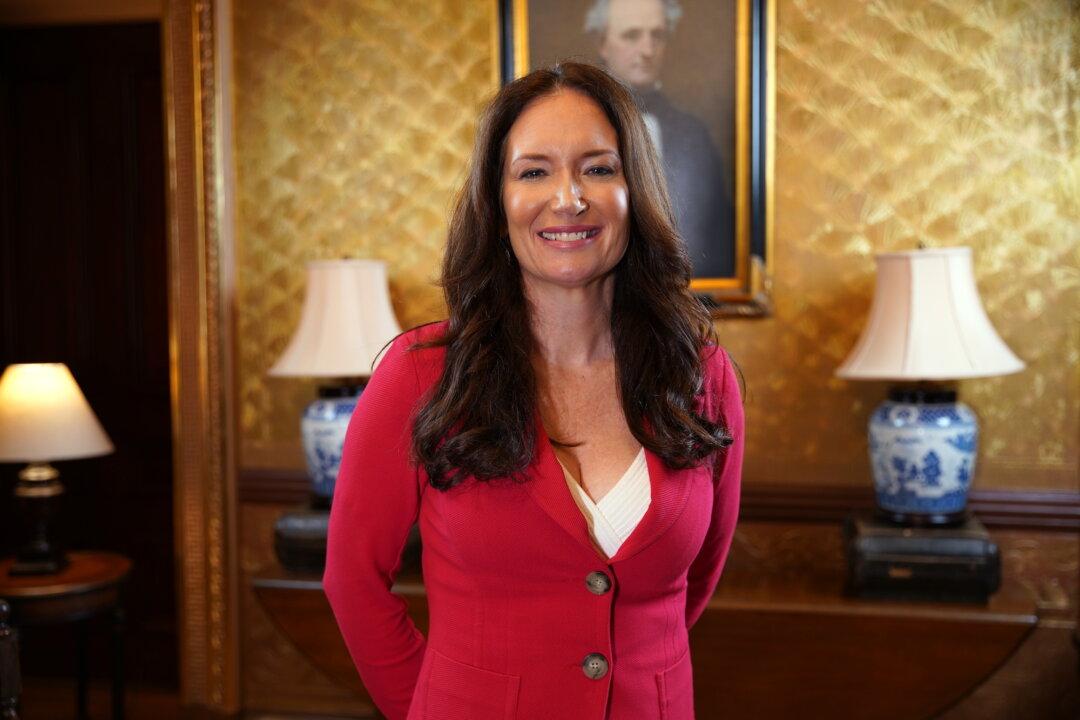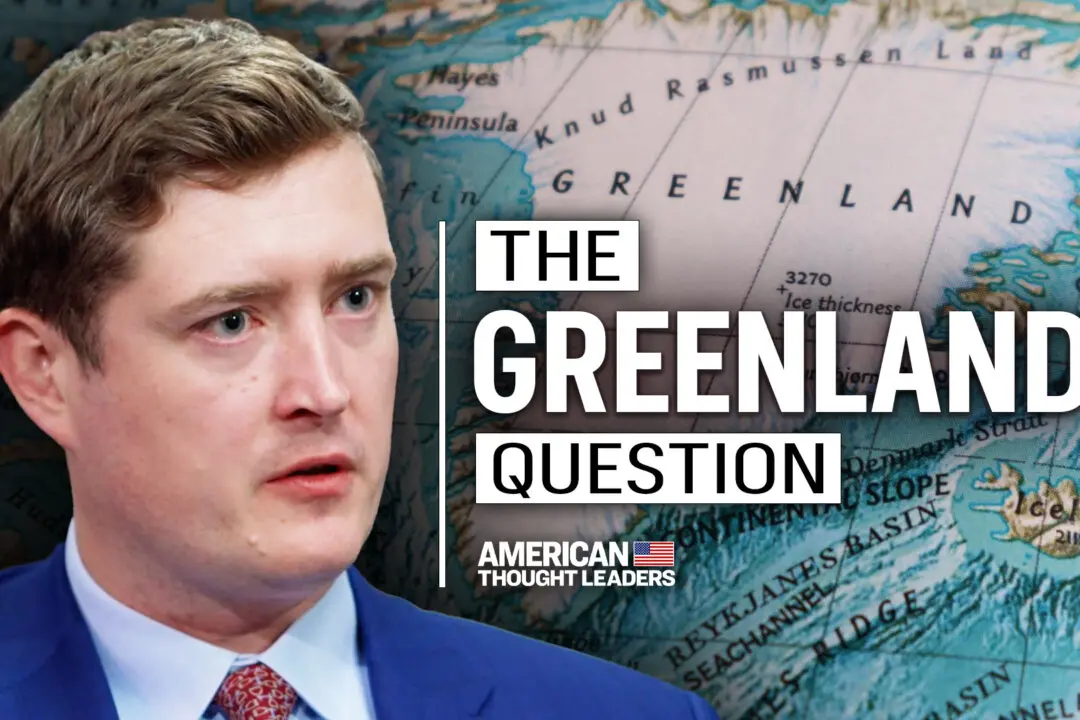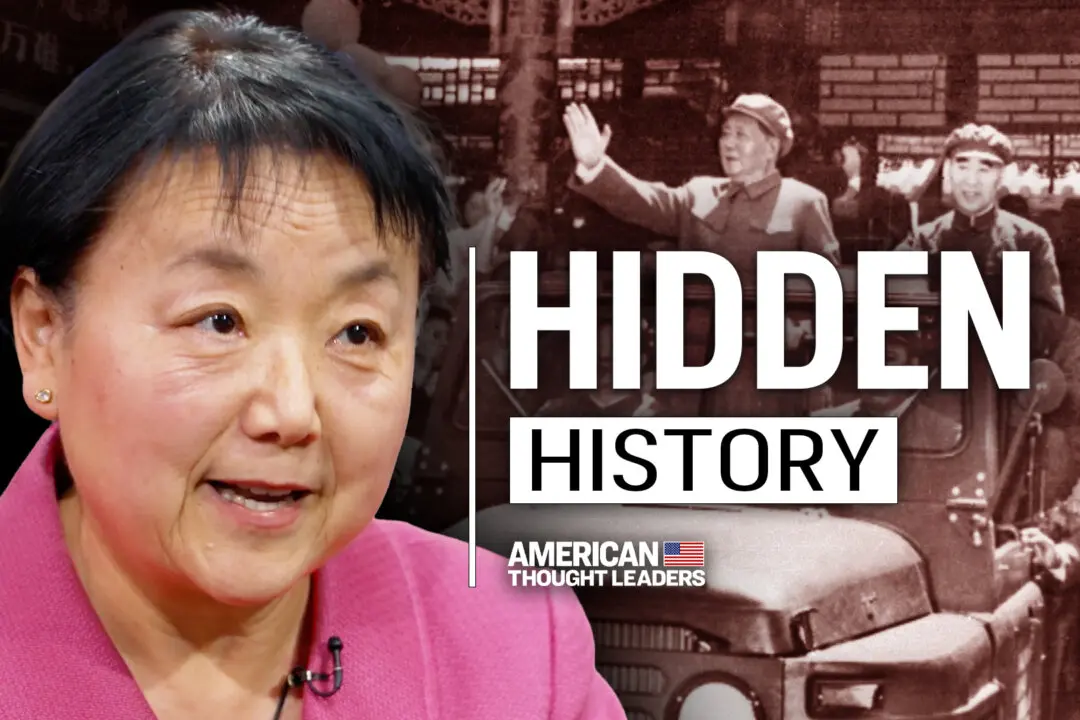“This president, my boss ... I believe he will go down in history as having done more for all Americans, but especially for those ... from impoverished communities, for those living at the margins of society,” Brooke Rollins, a senior official in the Trump administration, said in an interview with The Epoch Times’ “American Thought Leaders.”
Rollins currently leads the Office of American Innovation, which works with different offices of the White House as well as the private sector to make policy recommendations to President Donald Trump to deal with America’s most critical and intractable problems.





